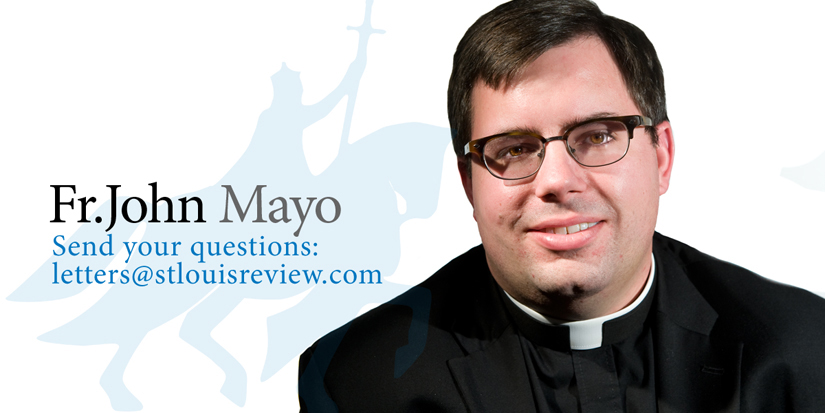 Easter is an event that happened at a specific time, according to Scripture and tradition. From these sources, we know the first Easter was on the Sunday immediately following the Jewish feast of Passover. Such dating should be determinative of when Easter should be. Easter this year is Sunday, April 4.
Easter is an event that happened at a specific time, according to Scripture and tradition. From these sources, we know the first Easter was on the Sunday immediately following the Jewish feast of Passover. Such dating should be determinative of when Easter should be. Easter this year is Sunday, April 4.
If this is the case, then calculating the date of Passover should help us know when Easter should be every year. In Exodus 12, the Lord tells Moses and Aaron that on the 10th day of the first month on the Jewish calendar, each family should select a lamb. On the 14th day of the month, they should slaughter it (Exodus 12:1-6). This day, the 14th of the first month, is to be the day of Passover. The Sunday following Passover, then, should be Easter. This makes the dating sound fairly straightforward.
But not quite. The 14th of the first month on the Jewish calendar was always supposed to coincide with a full moon. This allows for Passover to be celebrated with a full moon as is traditional. The Jewish calendar, though, is only partially based on the lunar calendar. This means that the 14th day of the first month doesn’t always coincide with a full moon. When this occurs, rabbis determine the date for Passover by declaring a full moon for the sake of Passover, even though there might not actually be a full moon.
Early in the Church’s history, Christians didn’t like being dependent on the rabbis to determine the date for Easter. The Council of Nicaea in 325 determined that the date for Easter should be set by celebrating it the first Sunday after the paschal full moon. The paschal full moon is the name given to the first full moon after the spring equinox.
Even here, there is controversy. The calendar has a date for the spring equinox. This dating doesn’t always coincide with the astronomical equinox. Christians choose to use the spring equinox date on the calendar: March 21. The date of Easter is thus the first Sunday after the first full moon after the spring equinox, observed on March 21. This keeps Easter in a span between March 22 and April 25.
When I say Christians here, I need to make a distinction. Typically, Catholics and most Protestant denominations will celebrate Easter on the same Sunday. Orthodox Christians tend to celebrate Easter normally a Sunday or two later. While using the same principals as Catholics and Protestants, instead of using the Gregorian calendar, the Orthodox use the Julian calendar. The Julian calendar is currently 13 days behind the Gregorian calendar. This difference in dating is why the Orthodox denominations celebrate Easter on a different day than many other Christians.
This column appeared in a previous edition of the Review.
Father Mayo is pastor of St. Raphael Parish in St. Louis.